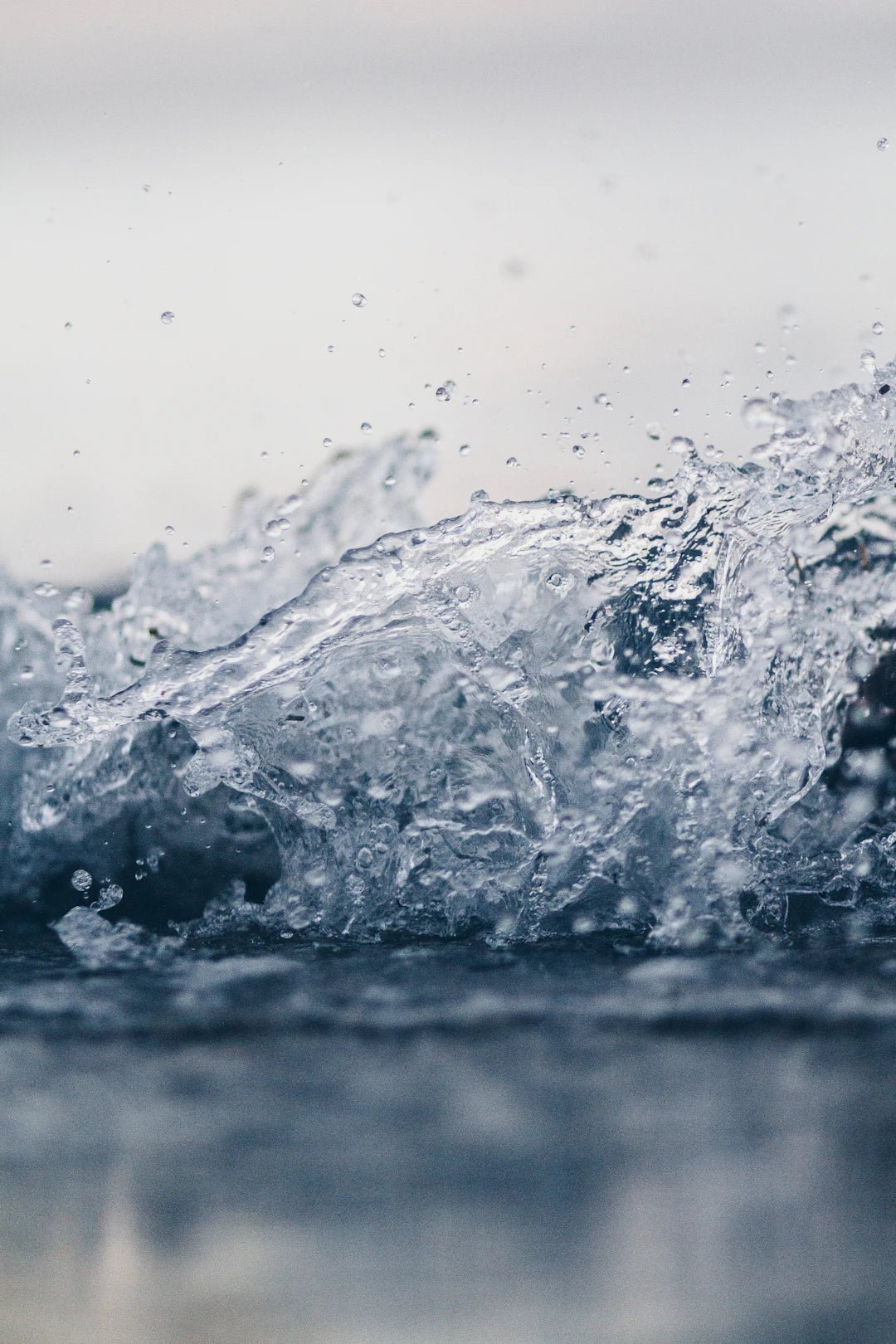The Vital Significance of Water Quality in Australia
Frequently Asked Questions
1. What is water quality?
2. What are the key indicators of water quality?
3. How does poor water quality affect health?
4. What are some sources of water pollution in Australia?
5. What solutions exist to enhance water quality?
Water is essential for life, but its quality can vary significantly across different regions, particularly in a vast and diverse country like Australia. As issues such as climate change and industrial pollution continue to affect our natural resources, understanding the importance of water quality has never been more critical. This article deep dives into why water quality matters, how it impacts health and the environment, and the solutions available to ensure clean drinking water for all Australians.
Understanding Water Quality
Water quality refers to the physical, chemical, and biological characteristics of water. It is crucial to examine these components to determine whether water is safe for consumption and ecological purposes. Australia is home to various water sources, including rivers, lakes, and groundwater, all of which can be affected by human activity and natural processes.
Key Indicators of Water Quality
When assessing water quality, several parameters are considered:
- Turbidity: Cloudiness caused by suspended particles in the water.
- pH levels: The acidity or alkalinity of water, which can affect aquatic life and human health.
- Nutrients: Levels of nitrogen and phosphorus that can indicate pollution.
- Microbes: Presence of bacteria, viruses, and parasites that can pose health risks.
The Impact of Poor Water Quality on Health
In Australia, like many parts of the world, poor water quality can lead to significant health concerns. Contaminated water can result in gastrointestinal diseases, infections, and in severe cases, long-term health issues. Even seemingly clean water can have hidden dangers, making it essential to invest in solutions that ensure the safety and quality of drinking water.
Why Clean Drinking Water is Essential
Access to clean drinking water is a fundamental human right and critical for wellness. The consequences of consuming contaminated water can be dire, including:
- Increased Healthcare Costs: Treating waterborne diseases costs the public health system substantial resources.
- Impact on Productivity: Poor health resulting from unsafe water impacts workforce productivity.
- Affecting Children, the Most Vulnerable: Children are particularly susceptible to the effects of contaminated water, leading to chronic illnesses.
Environmental Implications of Water Quality
The health of our ecosystems is intricately linked to water quality. Contaminated water sources can lead to devastating effects on wildlife and plant life. The more polluted our water becomes, the more it hampers the natural habitats essential for the survival of various species.
Water Pollution Sources in Australia
Several key factors contribute to water pollution in Australia:
- Agricultural runoff: Pesticides and fertilizers entering rivers and streams can lead to nutrient loading and algal blooms.
- Industrial discharge: Factories releasing pollutants into waterways threaten both human and ecological health.
- Urban waste: Improperly managed sewage and stormwater runoff can contaminate lakes and rivers.
Solutions for Enhancing Water Quality
Improving water quality in Australia is an urgent necessity. Fortunately, there are several effective solutions that communities and individuals can adopt:
Water Filtration Systems
Investing in a water filtration system can drastically improve the quality of your drinking water. Systems such as reverse osmosis use advanced technology to eliminate impurities, providing clean and safe water for households. A water filter helps to enhance taste while ensuring the removal of harmful contaminants.
Adopting Premium Glass Water Bottles
Using a premium glass water bottle not only promotes a healthier lifestyle but also encourages sustainable practices. Glass bottles are reusable, reducing the reliance on single-use plastic and lowering environmental waste. Plus, glass does not leach harmful chemicals, which can often mix with the water from plastic bottles.
Community Initiatives for Clean Water
Across Australia, various community-driven initiatives aim to enhance water quality. Programs focusing on river clean-ups, education on pollution prevention, and the promotion of sustainable agricultural practices are vital. Local governments and organizations often rely on community participation to drive awareness and effect change.
The Role of Rippl Pure in Clean Water Solutions
Rippl Pure is committed to the mission of enhancing water quality through innovative water solutions. By focusing on advanced filtration systems that can provide clean, drinkable water, we are striving to address the growing concerns around water quality across Australia. Empowering individuals with knowledge and tools is crucial for sustaining water purity for future generations.
Looking Ahead: The Future of Water Quality in Australia
As climate change continues to pose challenges to our water resources, focusing on improving and maintaining water quality must remain a priority for both individuals and governments. Enhanced regulations, technological advancements in water filtration, and the widespread adoption of sustainable practices are vital in ensuring a safe water supply.
Empowering Australian Communities
Education plays a pivotal role in fostering a culture of water conservation and quality improvement. Schools, NGOs, and community organizations can help spread awareness about the importance of safe drinking water and the simple steps individuals can take to support this cause.
Start Your Journey Toward Cleaner Water
Becoming proactive about water quality not only protects your health but also the environment around you. Investing in a good water filter, opting for a premium glass water bottle, and caring for our natural water sources can collectively make a significant difference. Each small action contributes to a larger movement toward ensuring high-quality water for all Australians.
Understanding and advocating for water quality is a vital part of taking responsibility for our health and the health of our planet. Together, through education, technology, and community resilience, we can promote cleaner water and a healthier Australia.



